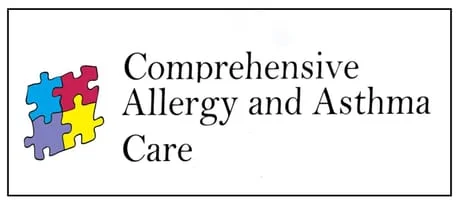Clinical depression is a mood disorder that causes people to lose interest in things they once loved. People with depression often feel hopeless and anxious. And make no mistake - depression can happen to anyone, regardless of their age or gender.
Some of the most common symptoms of depression include:
- Increased anxiety
- Poor concentration
- Sadness
- Loss of energy
- Problems sleeping
- Loss of interest
- Feel helpless or hopeless
- Decreased self-worth
- Poor or increased appetite
- Avoiding people, even family or close friends
- Difficulty functioning at school or work
- Increased guilt
- Physical pain
- Decreased libido
- Thoughts of suicide or death
- Self-harming
If you experience four or more of these symptoms throughout most of the day for two weeks in a row, it’s time to talk to your doctor about whether you are suffering from depression.
The Types of Depression
Depression can manifest itself in many different forms.
Mild depression
While symptoms may be less intense, those with mild depression may still experience a negative impact on their daily life. You may find it difficult to sleep, or have trouble concentrating at work.
Major depression
Those with major depression experience intense symptoms that affect most aspects of their daily lives. While some people may only experience one episode of major depression, many with the disorder will experience several episodes over the course of their life.
Bipolar disorder
This mood disorder is characterized by extreme highs, where a person may feel intensely happy and indestructible, with periods of extreme lows, in which a person may feel worthless, hopeless or suicidal.
Seasonal Affective Disorder (SAD)
Sometimes referred to as the 'winter blues', symptoms of Seasonal Affective Disorder usually start during the winter months and can last until spring. This form of depression can affect not only mood, but also eating and sleeping habits.
Postpartum depression
While many new mothers may feel anxious and overwhelmed at some point after giving birth, some women experience severe and almost debilitating depression that begins after giving birth.
Depression can be complex and debilitating, but taking action is the first step to getting better. Talk to your internist about treatment options and ways to cope. There are many medical and non-medical options to help control your depressive symptoms.
